Member Spotlight: Sonja Dotson
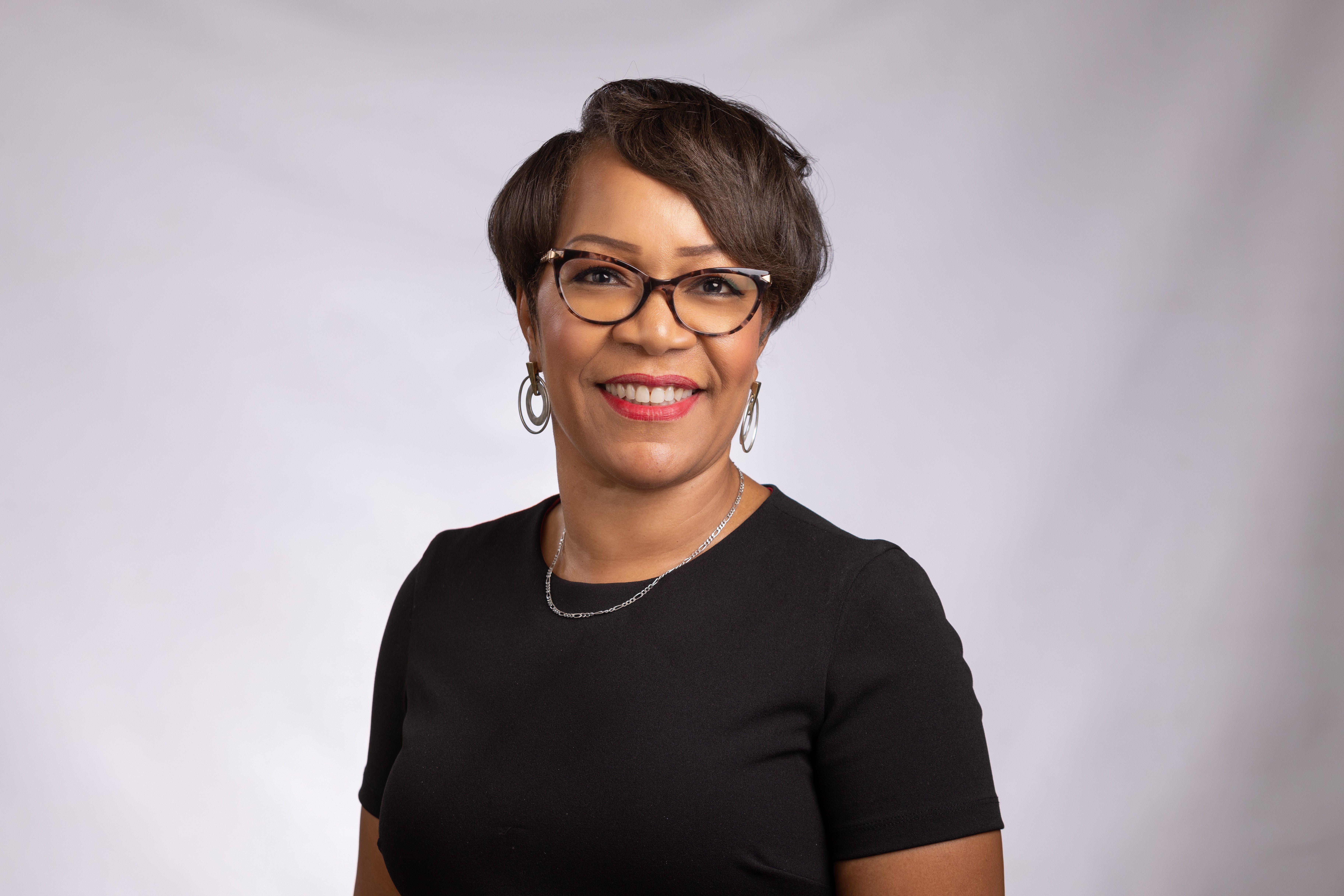 Sonja Dotson
Sonja Dotson
Associate Director of Donor Relations for Principal Gifts
Western Michigan University
Background Info:
 Sonja Dotson
Sonja Dotson
Associate Director of Donor Relations for Principal Gifts
Western Michigan University
Background Info:
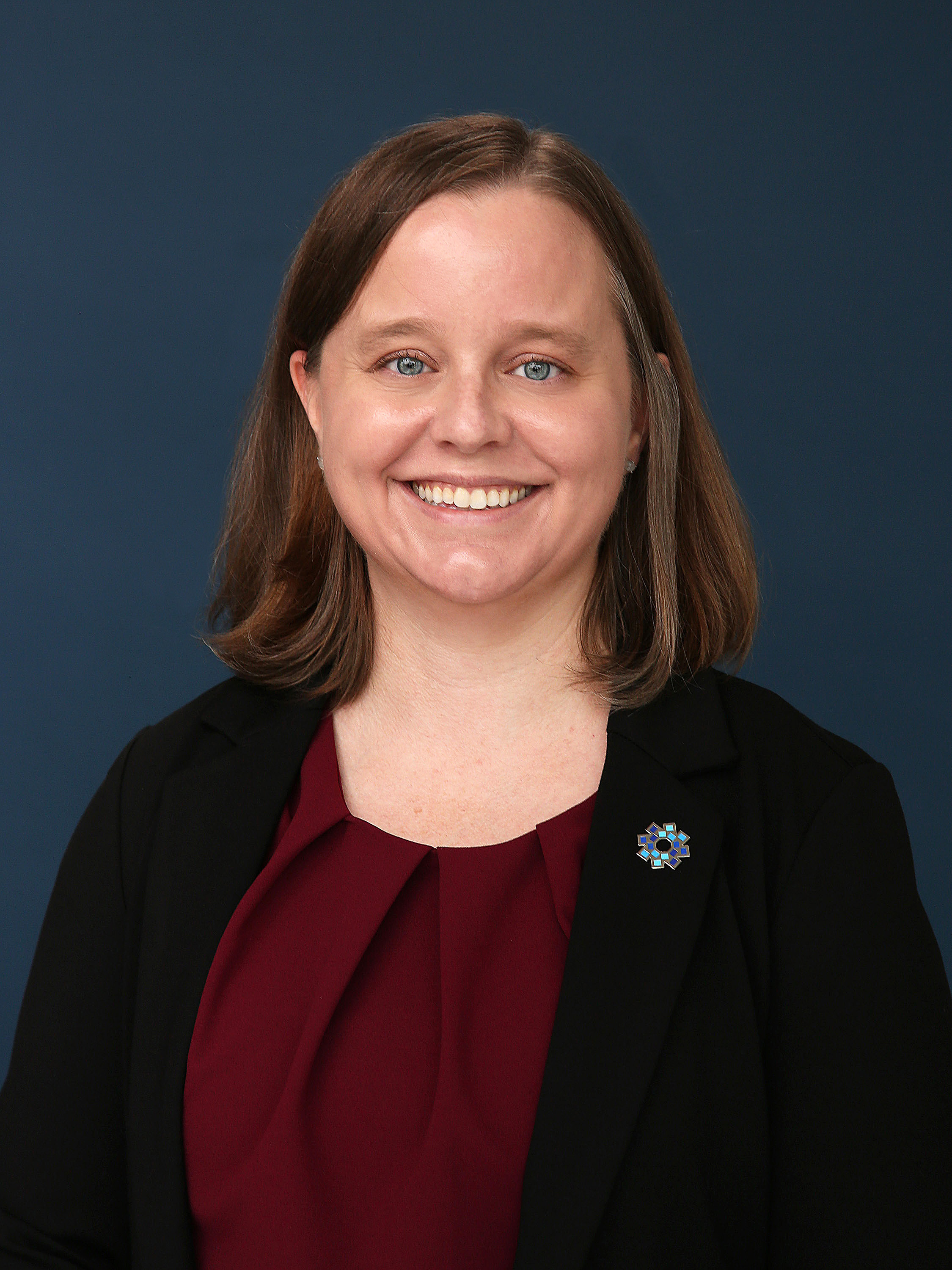
Cheryl Smith Lintner
Executive Director of Donor Relations
Hackensack Meridian Health Foundation
Let me tell you about Sheryl Blair, one of ADRP’s most incredible volunteers. Sheryl was an ADRP board member who is said to have volunteered “tirelessly for people she would likely never meet, in countries when she’d never be able to visit, and did so happily with very little fanfare… it was her passion—the endless work of connecting people…” Read her full biography on ADRP’s website.
 Marcelle Austin, Editor
Marcelle Austin, Editor
Suzanne Bellanger, Associate Editor
Rachel Humphrey, Associate Editor
Almost nine months ago, we introduced you to The Hub’s editorial board of Marcelle, Rachel, and Suzanne. We are so very pleased to bring you this newsletter each month. Thank you to all readers (almost 3K!). Thank you to the many contributors who have been gracious enough to partner with us so far. Thank you to the ADRP staff who are integral to delivering this member benefit.
We’ve made a lot of changes since we started, and we’d like to show it off and invite you to be a part of The Hub–new and improved!
Kathleen Diemer
Associate Vice President, Advancement Relations
George Mason University
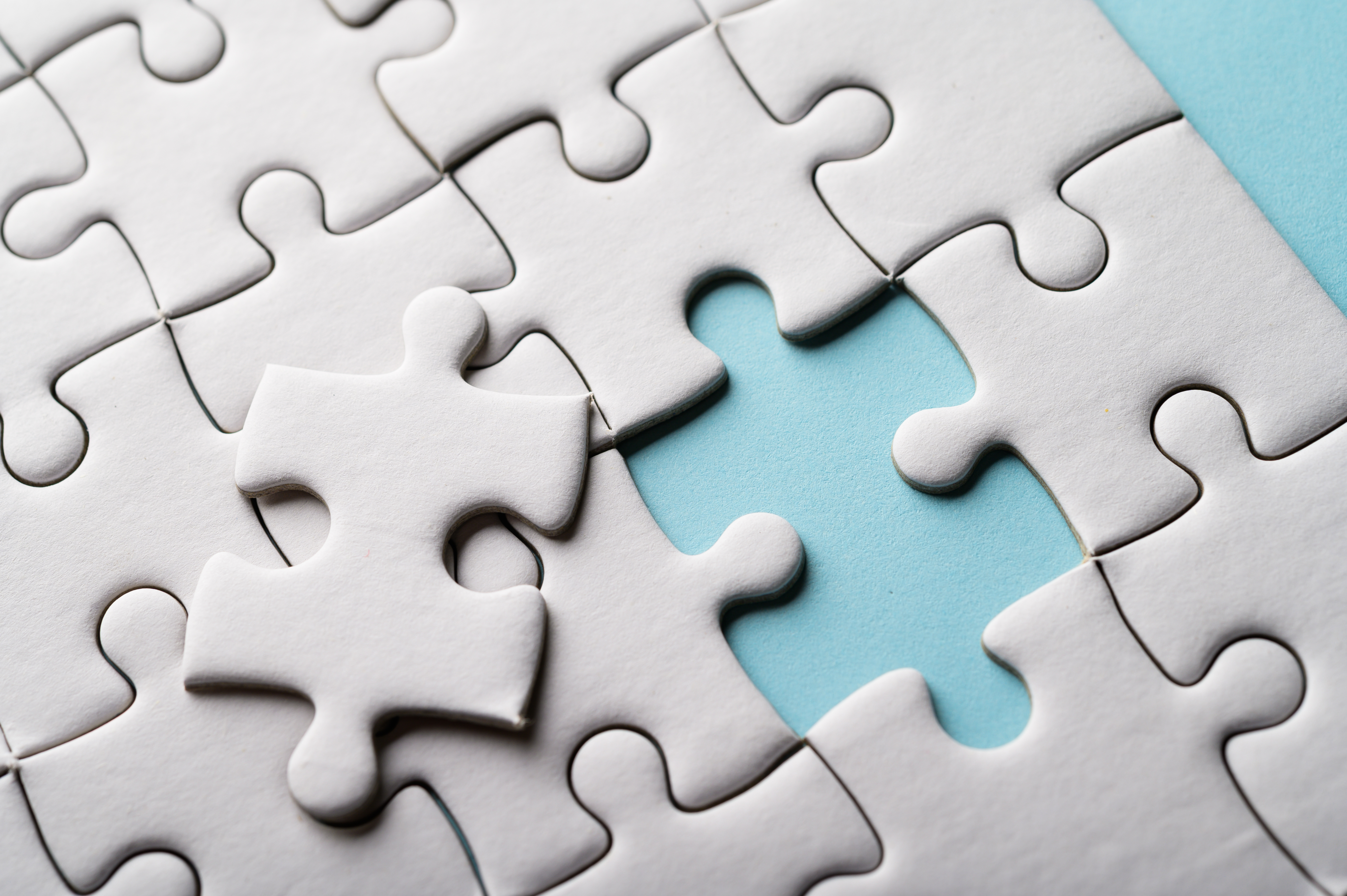
Gather with any group of donor relations professionals and talk will eventually turn to best practices. How do we create the perfect reports, recognition pieces and events? What innovative programs or activities will surprise and delight our donors?

Cheryl Smith Lintner
Executive Director of Donor Relations
Hackensack Meridian Health Foundation
There’s a song by The Counting Crows called “A Long December” that gets a lot of play this time of year (hello, ‘90s teen over here). The chorus line, “It’s been a long December, and there’s reason to believe maybe this year will be better than the last,” is both melancholy and hopeful. December is the time of the year to review goals and outcomes, start performance evaluations, recount our successes, and reflect on our mistakes. As a self-professed Type-A personality, it’s the latter that weighs most heavily on me. I made a lot of mistakes this year; we all did. I spelled a donor’s name wrong on their plaque, misread a contract, forgot to update a colleague on an important issue, hit send on that email before it was ready…and so on.
At the time, these mistakes felt like epic fails. But now, as I review the year and think back on them, I realize I learned something with every single one. My mistakes resulted in improved processes, created better and more intentional communication, and helped my team grow stronger and more focused. ADRP board member Marian Johnson said it best: while mistakes may feel like epic fails at the time, think of them instead as falling forward. Failure is a pretty strong word. But falling? Falling offers the opportunity to get back up and do it right the next time. And forward, well, that’s obvious. Don’t let mistakes set you back. Learn from them, laugh at them (if you can!), and move on. It has been a long December in a long year—and next year will be better than the last.
Sean Valentine
Director of Stewardship & Donor Relations
Wilbraham & Monson Academy

Stewardship and donor relations can be stressful. Anyone who has ever spelled a donor’s name wrong, forgotten that a specific board member’s spouse can’t eat fish, left someone off an invitation list or (inhales deeply) out of the annual report, knows of what I speak. It is just part of the deal; as fulfilling and vital as our work is, it is not delightful 100% of the time. Paraphrasing President Lincoln, you can’t please all of the people all of the time. But for me the challenges are more complex.
In addition to everything our work throws at us daily, I have a +1 that I bring to the stress party: my own diagnosed mental health challenges. Yes friends, like so many people around the world, my noggin plots against me. At work, its favored way of doing so is by giving me a terrible case of imposter syndrome. This is ridiculous, not to mention inaccurate and unwarranted. A masters degree, work as a mentor, satisfactory yearly evaluations, and a solid career across multiple organizations say otherwise. “Regardless,” answers a voice, “you don’t know what you are doing!” It is a persistent little bugger, and sometimes it is LOUD.
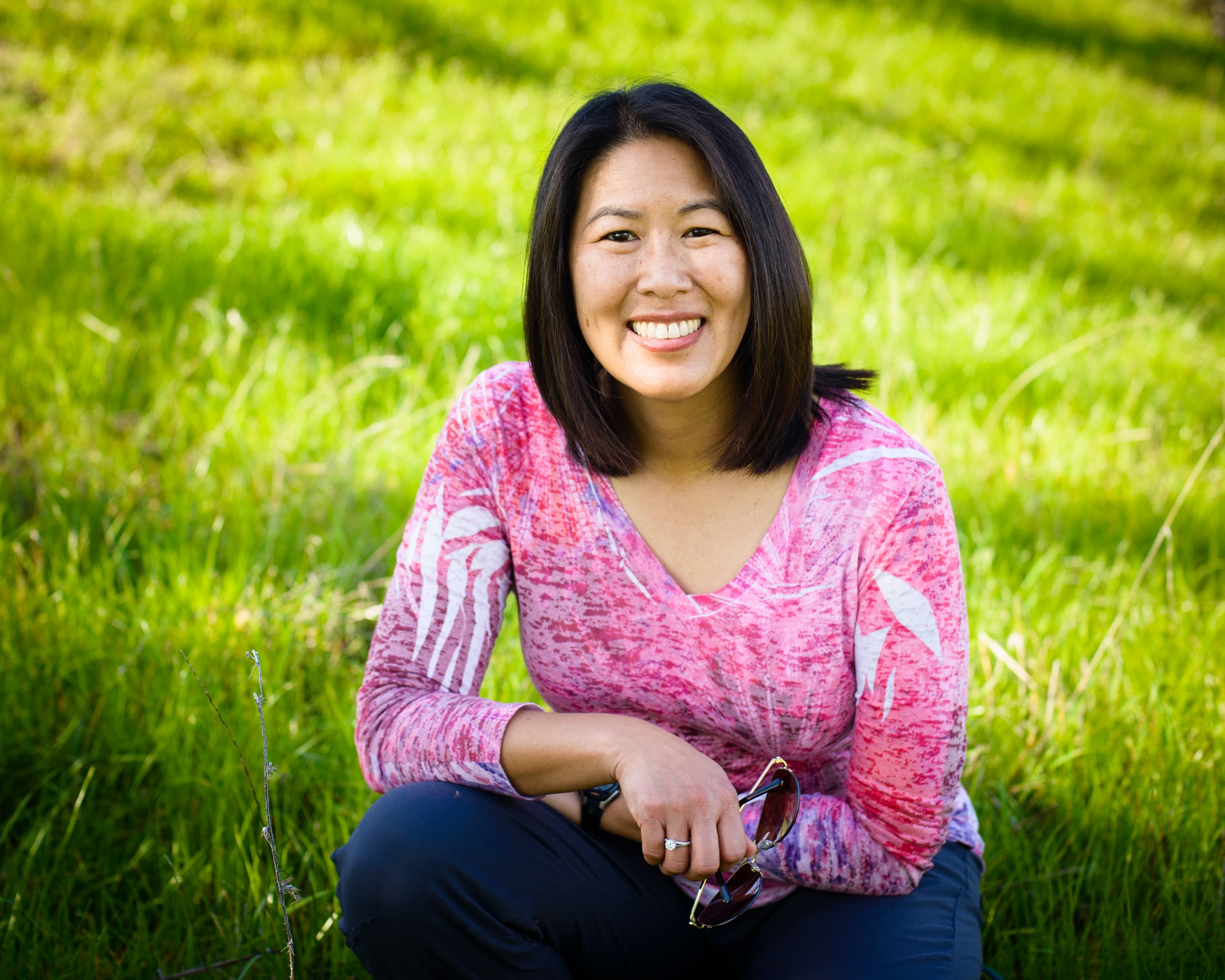
Q&A with Jacqueline Yau, Medical Center Development, Stanford University, Associate Director, Donor Relations
Can you tell us about your career trajectory? How did you come into donor relations as a career?
I’ve spent much of my career in marketing and communications in the private sector building programs, increasing brand value, rolling out products, and deepening consumer engagement. In the decade prior to joining donor relations, I started my own marketing consultancy. Between projects, a college friend sent me an email to inquire if I was interested in interviewing for a possible six-month contract, outside of my normal projects, to help her friend who was going on maternity leave. That position resided in my current work group. Although the initial contract position was eliminated, I was later offered the opportunity to interview for another position on the team. Despite enjoying the independence and variety of my marketing career, I found working in donor relations for Stanford Medicine really satisfying, fun, and filled with intelligent and good people. I was ready for a career pivot. I just loved my team, the mission of our group, and our culture.
What influenced your interest in and passion for donor relations?
When I look back over my career and volunteer work, I have always been interested in connecting people and engaging them whether it’s volunteering and working on my college reunion, building a brand loyalty program, or stewarding our donors to ensure we connect them to the joy of their giving. We serve as the voice of the donor. It’s a privilege to help donors understand the impact of their philanthropy.
|
Cheryl Smith Lintner Executive Director, Donor Relations Hackensack Meridian Health Foundation |
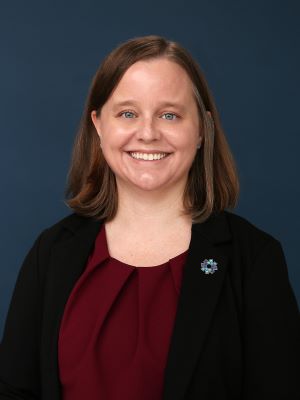 |
The next day, I delivered the notes, including one I wrote to a colleague named Jim. I didn’t know Jim well, but I did notice that he always made it a point to publicly acknowledge when someone helped him or did something amazing. So my note thanked Jim for that — for taking the time to recognize greatness and compassion in others. Jim showed up in my office the next day and thanked me for the thank-you note. He shared that it’s really important to him to give kudos to others, and he was so touched that I noticed he did that. And again, we both felt good. We were both all smiles. And that sentiment continued over the next few days in the office — colleagues thanking each other for thanking each other. It was really great to witness how a very small thing could have such a profound impact for both the receiver and the giver.
If you’re looking for more information about why expressing gratitude is good for both you and the recipient, check out A Simple Act of Gratitude by John Kralik.
Gracie Herbert
Miami University
Assistant Director of Donor Engagement

Dolly Parton is known for pouring herself a cup of ambition, but I’m here to remind you to pour yourself a cup of gratitude. Gratitude is a word that we as donor relations professionals understand better than most. November marks a season of focus on gratitude, but as we know, our profession is a never-ending quest to express appreciation.
As a donor relations professional who is constantly filling others’ cups, I tend to brush off thanks quickly and immediately turn around and thank them. Sound familiar? As the season of giving thanks is upon us, I challenge myself and you to sit with the appreciation your peers provide you and let your cup be filled.
Thanking is not a competition. When gratitude is expressed towards me, I often immediately find a way to thank the other person in return. Although being appreciative of your peers is not a bad thing, learning how to receive compliments and notes of appreciation without immediately thanking the other person is a vital skill to master. Now you might be thinking, “that’s easier said than done,” but it does not have to be. The next time you receive an expression of gratitude I encourage you to slow down, hear the words, repeat the phrase in your head, and not thank the person for something else. Let them know you appreciate hearing their praise, and that you enjoy being able to provide support. Ensure that you have heard their gratitude without entering a competition of who can thank who better!
Betsy Teles
The University of Connecticut Foundation, Inc.
Director of Donor Relations & Stewardship

In a recent conversation with a fellow colleague as we grappled with a particularly sensitive donor scenario and its complex history, they commented, “What would we do without you? You know where all the bodies are buried!” This led me to reflect on the many similar scenarios I’ve helped resolve, the donor preferences I’ve captured and explained, the development professionals I’ve helped onboard, the special touch points I’ve created and delivered, and the creative language I’ve crafted to address the most sensitive situations.
I suspect many of you out there could say the same. Donor relations professionals remain laser-focused on ensuring all donors feel valued, engaged, and appreciated, even amid a global pandemic! Yet, for those of us in the business of recognizing and thanking our donors, we may “forget” our own value to the organizations we dedicate ourselves to and our collaborative efforts remain “hidden” in the more public profile of total dollars raised. Coming out of our annual ADRP Conference, this has always been one of my main takeaways – the validation that our work is critical, appreciated, and even innovative!
Background Info:
Can you tell us about your career trajectory? How did you come into donor relations as a career?
When I was a freshman in college, I started a work study position in the Parent and Alumni Relations Office. That was the first time I had heard of this line of work. But I quit in favor of taking a job in the bookstore that came with discounts! I did not even think about it as a career. After graduation, I took an administrative assistant job in donor relations as a way to get my foot in the door of a well-respected school. My plan was to work on a graduate degree and work to support that, but I fell in love with this specific aspect of fundraising and development. That job gave me a strong foundation once I was willing to consider that it might not be a pass-through opportunity, and might be a rewarding, meaningful way to earn a living.
What influenced your interest in and passion for donor relations?
I had one mentor/boss who really encouraged me to try different aspects of donor relations work and supported healthy risk taking, encouraged me to figure out what I was good at, and supported my growth. When I started learning more about philanthropy, and considered the less transactional side of what we do—focusing on the relationships and impact—I realized that I could earn a living, do something rewarding for me, and have an impact on others.
What lessons, words of advice/inspiration would you like to pass on to other donor relations professionals?
When focusing on what our donors want from us, we deepen their connection. We survey our donors — ask what resonates with them and how they want us to communicate. And in an ideal world, we create stewardship that drives future giving.
But in the ideal world, there are no budgets, competing priorities, or staff shortages. In reality, few shops can achieve all of their most ambitious goals. We must focus our limited resources on the greatest impact on giving — donor retention.
We know it costs less to retain a donor than to acquire a new one. But what can we do that will drive our donors to give again and again?
In their 2019 research study titled “Giving Intention Versus Giving Behavior: How Differently Do Satisfaction, Trust, and Commitment Relate to Them?” authors Jen Shang, Adrian Sargeant, and Kathryn Carpenter offer one approach: increase donor satisfaction and commitment.
Satisfaction is “how donors feel about the way they are treated as a donor.”
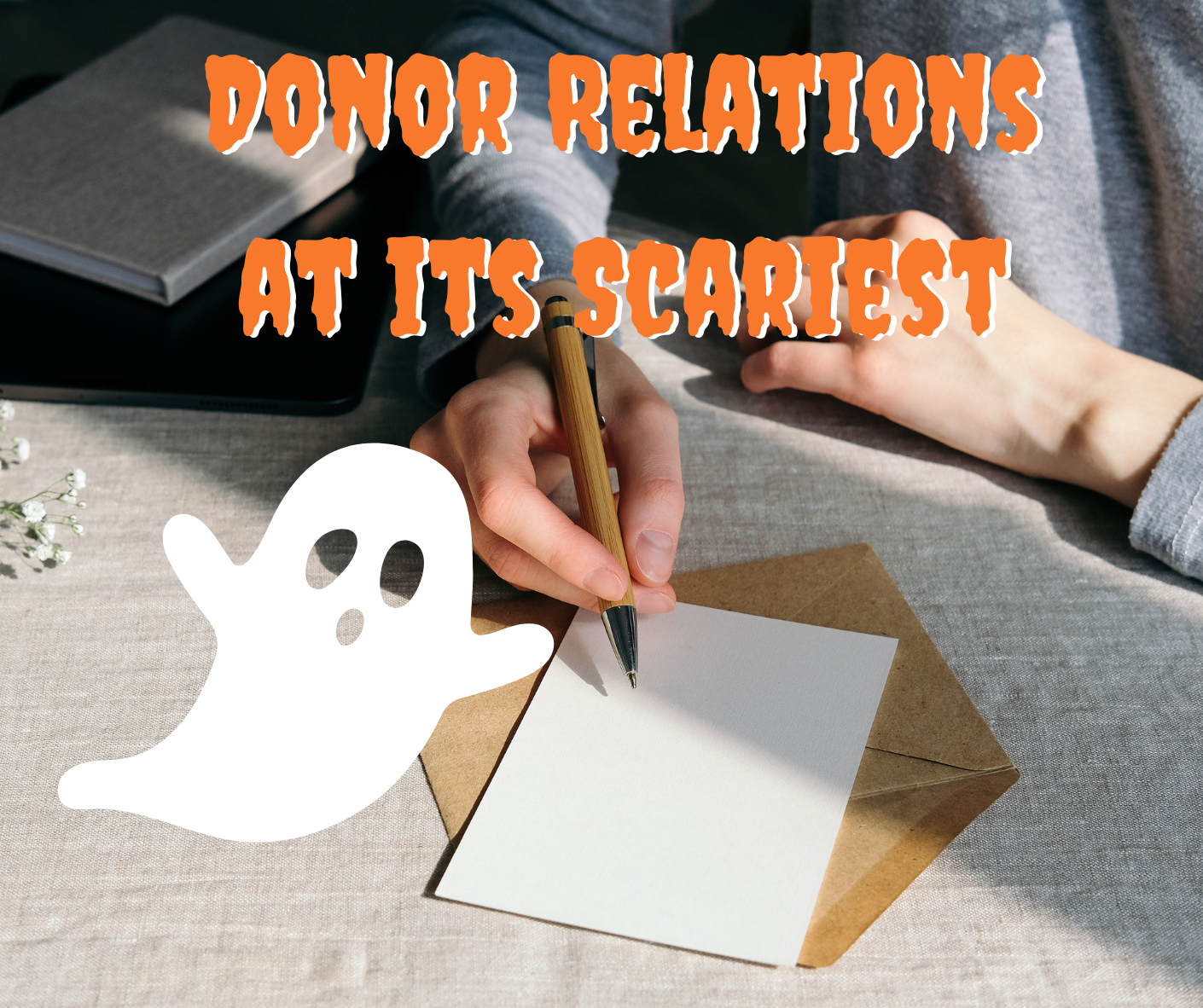
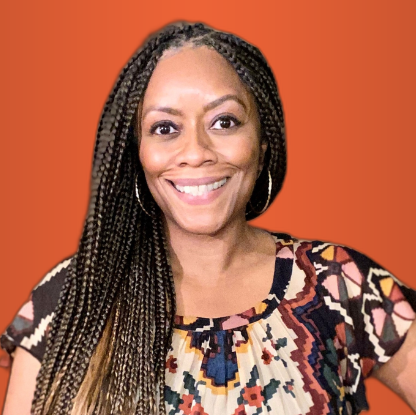
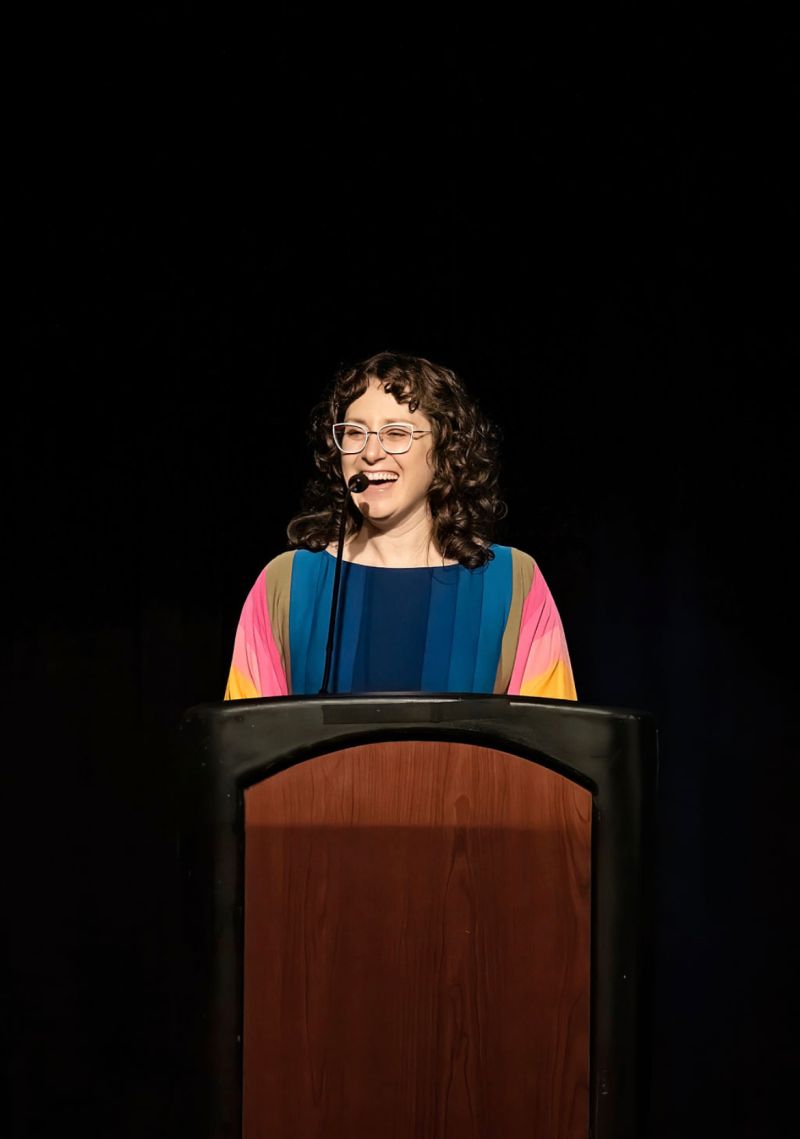


Hi there [imagine me giving a little wave and an awkward smile],
Last week I had to wear pants. And nice shoes. For three days in a row!
It was a pretty momentous occasion—both for my wardrobe, and for ADRP—as we gathered together again after a long, pandemic-induced hiatus at the ADRP 19th Annual International Conference in Albuquerque, New Mexico. Can I just say how AWESOME everything turned out? Kudos to conference chair, Ryan Steele, and chair-elect, Margaret Coad, and the entire committee! I came back inspired, excited, exhausted—and 100% ready to take on anything and everything—including serving as ADRP’s next President.
You can read all about me in the profile below. Suffice it to say that with me, what you see is what you get (WYSIWYG for you html geeks). I like to joke. I like to laugh. I talk a lot about my kid (he’s a giant) and my dog (she’s the goodest girl). Sometimes I talk to myself. I am very charming, after all.
Heather James
Stewardship and Donor Relations Specialist
University of Minnesota | CFANS
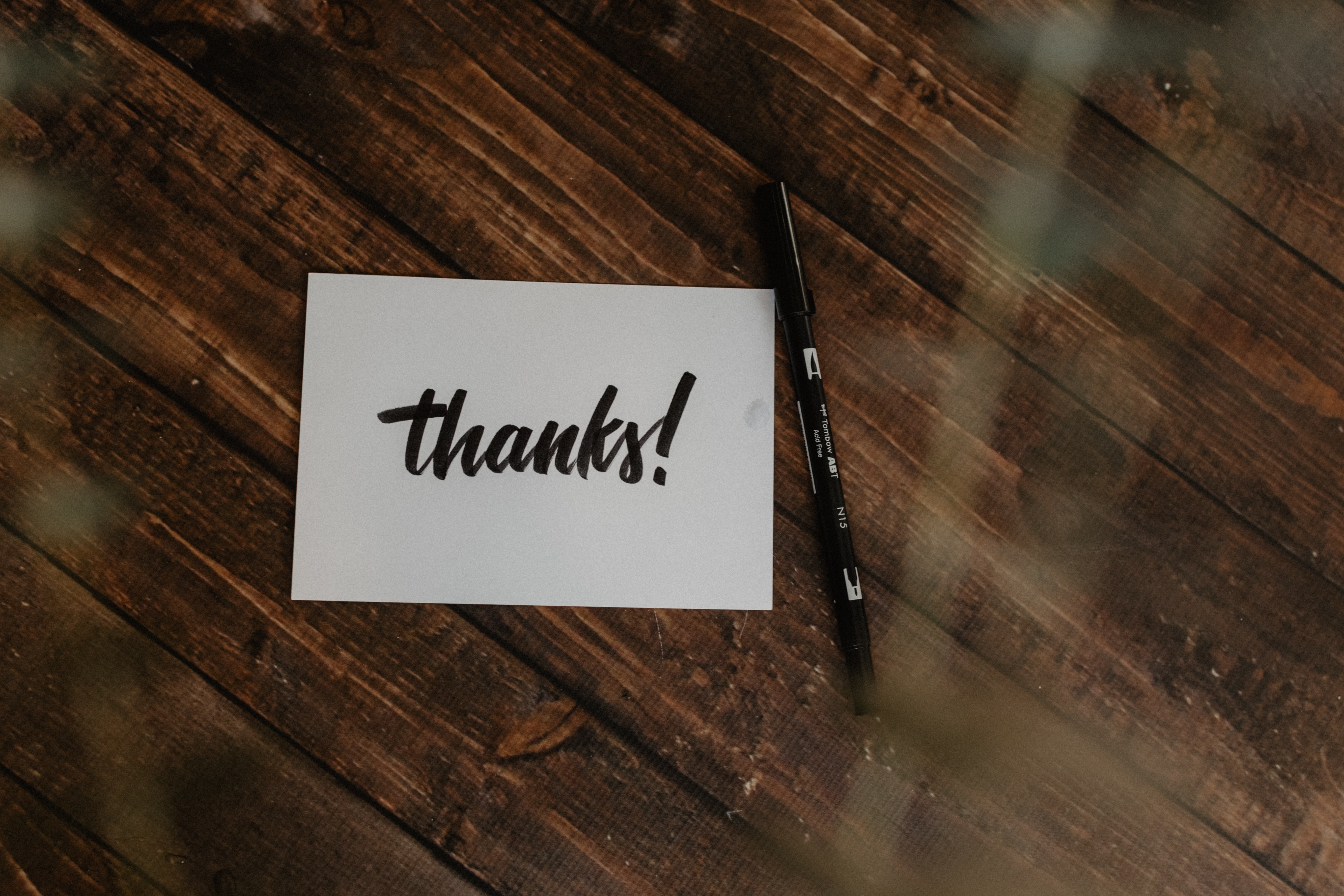
To acknowledge or not to acknowledge—that is never the question. Legal requirements aside, we want our donors to feel seen and loved for the difference they make. They are critical to our mission, and acknowledging their gifts is the right thing to do—and the smart thing to do, no matter how busy we get.
I’m a donor relations party of one on a small but mighty development team at a college in a large, decentralized university. It feels like my to-do list is never to-done, but acknowledgments reign supreme. Fortunately, I don’t have to go it alone thanks to Ack 2.0, which sounds like an adorable robot but is actually a semi-centralized system that makes prioritizing acknowledgments manageable. In short, our foundation sends receipts, thank you emails, and thank you cards to donors across the university. Sounds generic and not very personalized? But wait—there’s more!
Ack 2.0 is far from a one-size fits all approach. At its heart is a hierarchy of rules in which each college/unit determines how they want their donors treated based on things like donation amount, fund specifics, etc.
Kimberly Karol
Deputy Director of Development
The Nature Conservancy (TNC)
Vanessa Harmon
Director of Donor Stewardship
The Nature Conservancy (TNC)
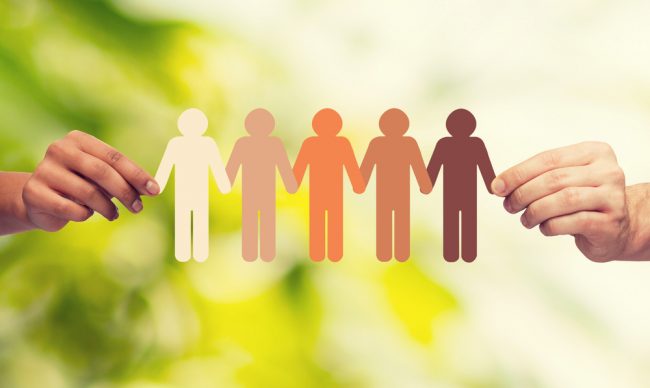
“Blacks are not philanthropic.”
“Sure, we want to diversify our board, but we cannot compromise our fundraising performance.”
“We need a white gift officer to engage this (white) community.”
“We cannot find people from underrepresented communities with the experience to fill senior roles.”
“While we would like to diversify our volunteers, we need people who know what they are doing.”
“A donor made a pass at me. I don’t feel safe but feel pressured to keep him in my portfolio to meet my goals.”
Do any of these statements sound familiar?
Despite the heightened awareness of biases and discrimination in the workplace and the proliferation of diversity, equity, and inclusion (DEI) value statements and programs, these harmful statements — and the sentiments behind them — continue to erode our development efforts, impeding our ability to inclusively engage our beneficiaries, volunteers, donors, colleagues, and community.
In addition to diluting the impact of an organization’s mission by limiting the pool of supporters and failing to encourage employment opportunities that yield a diverse workforce, these statements and corresponding behaviors perpetuate an unsafe work environment and contribute to inequalities in the fundraising profession.
To further its commitment to Diversity, Equity & Inclusion, The Nature Conservancy (TNC) and its development leadership team, led by our Chief Development Officer Tom Neises, is proud to support ADRP in promoting DEI practices in philanthropy. TNC understands that fulfilling our mission of conserving the lands and waters on which all life depends requires committing to DEI across all facets of our work. We also recognize that the nonprofit fundraising community can create more substantive and lasting change by sharing resources and acting together.
Recently, TNC made a financial commitment to kickstart ADRP’s DEI educational programming and provide scholarships to help diversify our membership base. TNC’s contribution enabled the ADRP DEI Committee to bring in an expert to facilitate its session on unconscious bias at the 2022 international conference in Albuquerque.
And this transformative partnership is only the beginning.
We encourage ADRP members and your organizations to join TNC in financially supporting ADRP’s efforts to cultivate a more inclusive, diverse, and equitable fundraising environment, leading to more significant philanthropic outcomes for all.
Consider the benefits and privileges that may exist within your institution. If your organization has committed to increasing equity, reckoning with systems of injustice, and working towards a more inclusive workplace that values and cultivates diversity, then consider an ADRP DEI sponsorship. It is a collective opportunity to care for one another, share opportunities with less-resourced organizations doing important work, elevate the field of donor relations, and deepen the impact of our work to make the world a better place.
We embrace a more equitable and just approach to professional development, job opportunities, and skills evaluations. We are ready and energized to work together to build our resources and increase knowledge as development professionals and bring more voices to the table. If you’re interested in joining us in support of ADRP’s DEI sponsorship or would like more information please reach out to either one of us via the member portal or contact ADRP’s Executive Director Louise Miller at [email protected].
Background Info:
1. Can you tell us about your career trajectory? How did you come into donor relations as a career?
Once upon a time, I was an archaeologist. I had a blast digging in the dirt, and studying all things forgotten. But after a while, I decided to hang up my trowel and do something a bit more “practical” with my life. I worked as a legal assistant, and then as a clerk for a federal judge. I almost went to law school. Almost. I had what I now like to think of as a quarter-life crisis—and abruptly quit that path. I took some time to read all the great books on finding your purpose, like “What Color is Your Parachute?” and “Who Moved My Cheese?” I had a lot of friends in nonprofit organizations, and they seemed happy. So, enter career #3. It was kind of dumb luck that I landed a job as a development assistant at a tiny five-person nonprofit in Los Angeles. I was processing gifts, writing thank you letters, and reporting on finances, and I LOVED it.
Then, life got in the way: I found myself moving from West to East—adding a then tiny, now giant, addition to my family—and when I rejoined the workforce, I knew donor relations was where I wanted to be. I joined the donor relations team at Rutgers University Foundation, focusing on gift agreements and reporting. I learned all the ins and outs of a comprehensive donor relations program, which set me up very well for success in building a new program at RWJ University Hospital Foundation. I’m still in healthcare donor relations, now with Hackensack Meridian Health. I am privileged to lead an amazing team that makes me laugh every day (and tolerates way too many dog stories and kid photos).
2. What influenced your interest in and passion for donor relations?